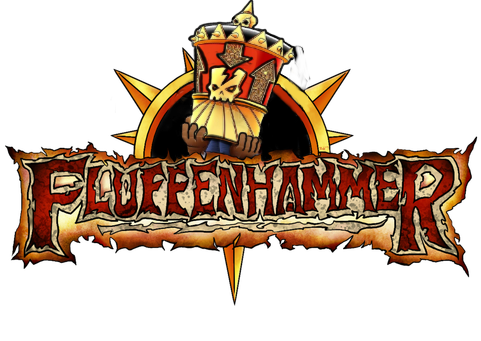Fighting Fantasy - You Are The Hero!
Choice.
It's a powerful thing, and in the wide world of consumable media, its the difference between a movie and a video game. Outside of taking the time to view alternative endings, a film or a TV series is one that you absorb, rather than taking part in. Black Mirror's Bandersnatch managed to play with the concept of "choose your own adventure", but outside of a few, less intensive experiences (Werewolf Time being a personal favourite*). A album or Spotify playlist can be randomised, but each song remains the same as when it was recorded. You can change the taste of the product, but rare is the day when you can change it's structure.
In the early 80's, a boom of RPG product began flying from the shelves. Dungeons and Dragon started a wave of "choose your adventure" experiences, allowing you to take the roles of people very different from you, a barbarian, a wizard.
Who do you want to be today?
In 1982, Ian Livinstone and Steve Jackson had begun to import the aforementioned D&D products from TSR into the United Kingdom. From here, came the Games Day events, which led to a chance meeting with a represented from Puffin Books, and from there came a series of meetings with Geraldine Cooke, a editor from Puffin. It was agreed that Jackson and Livingstone would write a series of "How-To-Play" books, working through different RPG systems.
Jackson says: "When it came to describing how to play RPGs, we came up with the idea of describing a game in action and ultimately decided it would be best done by letting the reader make choices. The more we thought about it, the more we really liked that idea. In fact, it was much more interesting than writing the RPG manual! So we abandoned the manual idea and put together what was to become the first gamebook".
Cooke and Puffin did not know how to react to the change in format, and were, justifiably, worried about the direction the pair had moved towards.
After a silence that stretched several months, Puffin gave the project a green light, and work began on "The Magic Quest", which soon became "The Warlock of Firetop Mountain". Jackson and Livingstone split the duties between themselves, the only time they would do so. The pair have since said multiple times now that the entire process was "a utter nightmare", including playing pool to decide which of the combat systems each had developed as the backbone of the book. Who won has been lost to legend.
Livingstone also rewrote the entire book close to the publication date, after realising that the writing style veered and changed throughout the book, and Livingstone realised it needed to be more consistent.
"Warlock of Firetop Mountain" was released to the public and became a runaway success. It's interesting to note that this was also the same time the computer games industry was crashing. "Warlock" was released through the children's arm of Puffin Publishing, a fact that meant that Geraldine Cooke was not involved in the final product, which is something that Livingstone and Jackson laments. Cooke did eventually gain some merit when Livingstone wrote "Sorcery!" for the young adults line.
The Fighting Fantasy gamebooks followed a non-linear format; you started at the beginning and ended at the end, but in between you would flit backwards and forwards through the pages, picking choices at the conclusion of each passage which could either take you to glory (turn to 246) or spell certain doom (your adventure ends here). Confrontation was also inevitable, and was decided by throwing dice to resolve combat with the many monsters, aliens and other hostile creatures you faced throughout the 59 original books which were published between 1982 and 1995. Around 15 million copies were sold during that period of time - a figure that creators Jackson and Livingstone could never have possibly expected when they pitched the concept to the publishers.
Fighting Fantasy remained a mainstay for many years to come, bringing in guest writers and other authours to keep up with the demand. Jackson remembers that after "Warlock", they had roughly 6 weeks to write and design the sequel. Puffin were somewhat worried over a few of the experiences held within the books, including vast gore and violence (you look down to see the spear entangled in your intestines" as well as one caser of nudity that was hurriedly retouched, not to mention the campaigns to "Warlock" has recently been adapted to Android and IOS, which has opened up a vast new audience. The knock-on effect brought a large audience of UK based RPGers to the big named brands like D&D, and experienced a resurgence in the late 90s and again over the last few years.
*If you know what "Werewolf Time" is, you get maximum points. Unless you are Paul "The Sugar Bear" Anderson. **
**DooDeeDooDooDooooooo***
***Don't ask








